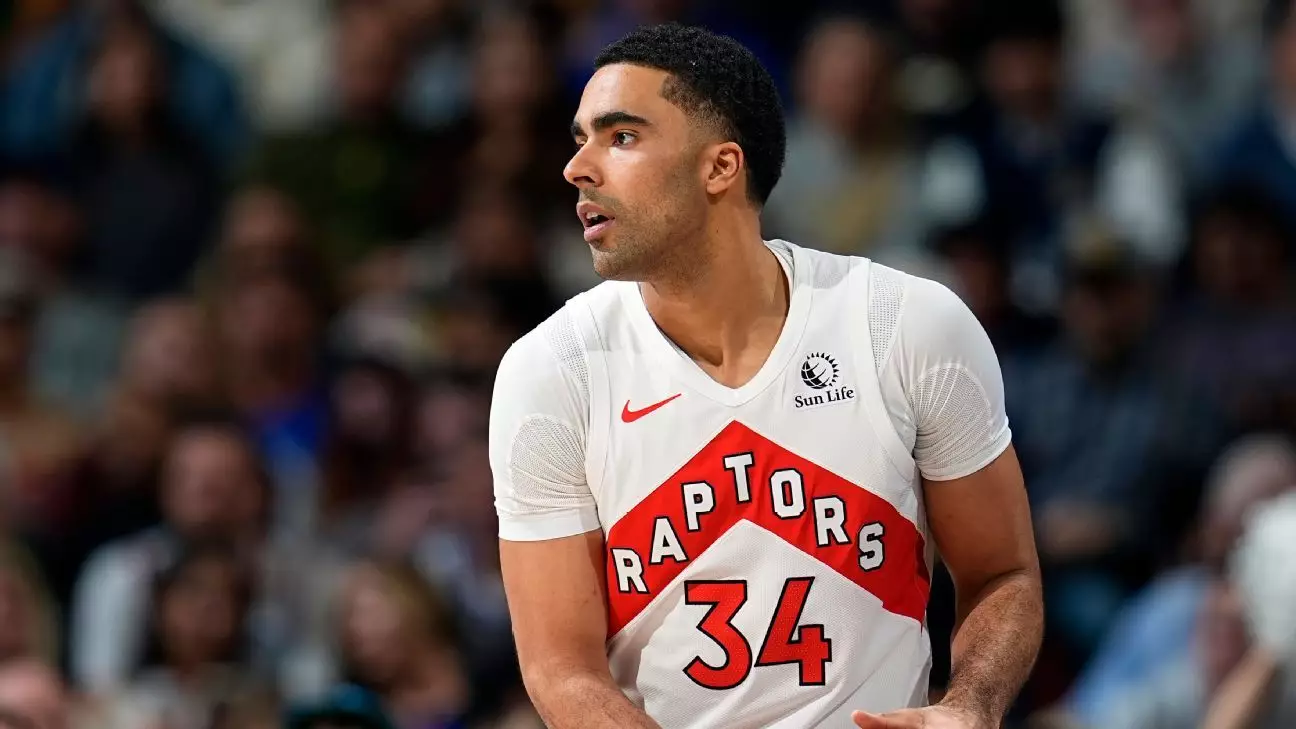In recent times, the intersection of sports, gambling, and athlete welfare has become a heated topic within professional leagues. The burgeoning industry of sports betting has undeniably transformed how fans engage with games, yet it also surfaces troubling concerns about integrity, manipulation, and athlete exploitation. While leagues like the NBA are beginning to acknowledge the importance of regulating bets to preserve the sport’s credibility, the current measures seem reactive rather than proactive. It’s time for a comprehensive reevaluation that prioritizes the core values of fairness and respect for athletes rather than merely reacting to scandal and misconduct.
The NBA’s response to allegations involving players such as Jontay Porter underscores a fundamental dilemma: are the current regulations sufficient to deter manipulation, or do they merely serve as late-stage fixes after damage has been done? The league’s focus on limiting prop bets, especially those tied to player performance, indicates a recognition of vulnerabilities but might oversimplify the issue. Implementing restricted betting options could mitigate manipulation risks, yet it also risks alienating fans who enjoy these forms of betting and may push gambling further underground, away from the oversight of reputable sportsbooks.
A more nuanced approach should consider environmental factors contributing to athlete vulnerability. The pressure to perform, combined with a culture that sometimes blurs the lines between competition and entertainment, can foster gray areas where manipulation and exploitation thrive. Creating safer, more transparent betting environments must go hand in hand with broader educational initiatives that promote athlete awareness about gambling risks and safeguard their mental health.
Balancing Fan Engagement and Ethical Standards
Fan participation through prop betting has become a staple of modern sports consumption. These bets add excitement and engagement, but that energy can easily spiral into harmful territory if not managed responsibly. The efforts by jurisdictions such as Ohio and New Jersey to ban micro-bets highlight a growing concern that small, specific wagers may be a gateway for manipulation and abuse. Yet, the outright ban of micro-bets is a blunt instrument—an overly restrictive move that sacrifices fan freedom without sufficiently addressing underlying issues.
Instead, leagues and regulators should explore innovative models that bolster both engagement and integrity. This might include implementing stricter identity verification, real-time monitoring of suspicious betting activity, and offering transparent reporting mechanisms to promptly flag irregularities. Such proactive measures serve as a deterrent for those seeking to exploit the system while preserving the thrill of micro-betting for honest fans.
Beyond regulation, a cultural shift is needed—one that redefines the relationship between athletes, bettors, and leagues. Athletes deserve protection from harassment, both online and in person, which is exacerbated by the proliferation of prop bets. The NBPA’s cautious stance, viewing the Porter case as an outlier, signals a recognition that the industry’s focus should pivot toward safeguarding players from abuse rather than solely restricting betting options.
Rethinking Responsibility and the Future of Sports Gambling
The question of who bears responsibility for safeguarding the integrity of sports is multifaceted. Leagues, sportsbooks, regulators, and players all have roles to play in establishing a sustainable and ethical gambling environment. There is an urgent need for a collaborative framework that emphasizes education, prevention, and swift intervention when misconduct occurs.
The narrative should shift from punitive reactions—such as banning individual players or implementing broad restrictions—to fostering a culture of integrity. This involves integrating comprehensive safeguard programs, encouraging responsible betting practices, and ensuring transparent communication with fans and athletes. The goal must be to strike a balance: allowing fans to engage with sports in a way that enhances their experience while protecting the core principles of competitive fairness and athlete dignity.
Ultimately, sports betting is unlikely to disappear; it is an intrinsic part of modern fandom. However, it can and must evolve into a system that respects the sport’s integrity, protects its athletes, and supports fans in making informed, responsible choices. Only through a concerted effort that values transparency, education, and ethical standards can the industry move forward as a positive force rather than a source of controversy and harm.

